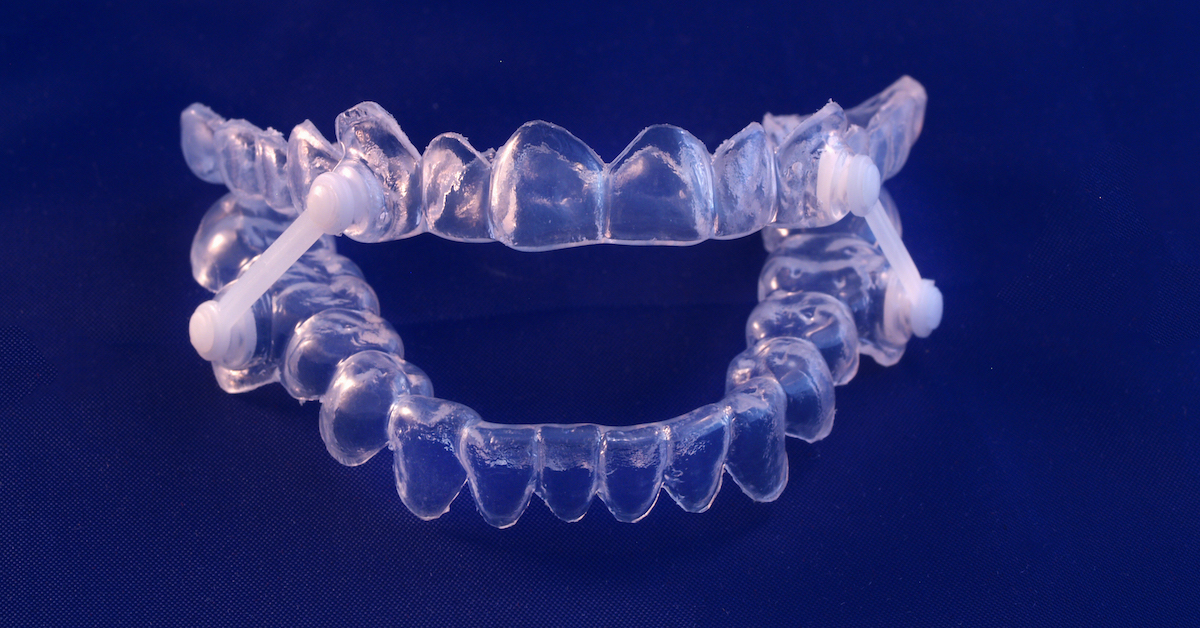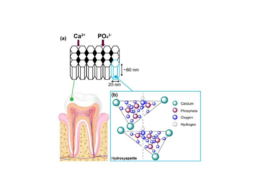Posted on: November 12, 2020
Sleep apnea is thought to affect as many as 22 million people in this country. Many people, however, are not aware that they have this serious medical condition. Knowing the warning signs associated with sleep apnea will typically allow you to seek treatment and will reduce the risks of the condition for you, your family and your future.
Types of Sleep Apnea
Central sleep apnea is caused by the improper functioning of the brain stem, which fails to send messages to the nervous system to prompt it to breathe during the night. This can lead to prolonged episodes of 10 seconds or even more in which you may not draw a breath to provide oxygen for your body.
Obstructive sleep apnea is the most common form of sleep apnea and results from the partial collapse of the upper airway because of relaxation of the throat muscles. This can happen as often as 30 times per hour.
Mixed sleep apnea is caused by a combination of the factors that cause the other two types of sleep apnea. It requires a carefully tailored treatment plan to address effectively.
Risk Factors and Known Causes of Sleep Apnea
There are many people with sleep apnea and anyone can develop the condition. However, there are certain risk factors that make it much more likely that someone will develop this disorder. Overweight and obese patients are at much higher risk of sleep apnea because of a buildup of fat deposits around the upper airway. Smoking also increases your risk of this issue. If you have high blood pressure or chronic nasal congestion, you may also be at higher risk of developing sleep apnea issues. Finally, men are about twice as likely to have sleep apnea than women, especially before menopause occurs. It’s very important if you have any of these risk factors to keep an eye out for other signs of sleep apnea.
10 Common Signs of Sleep Apnea
Patients with sleep apnea often exhibit some or all of the following symptoms, which can serve as warning signs that this issue may be affecting your health.
Sleepiness or Dozing Off During the Day
If you fall asleep or feel extremely sleepy and fatigued during the day, you may not be getting restful sleep at night. This can often be a sign of sleep apnea.
Difficulty in Focusing on Tasks
Lack of adequate or restful sleep can also lead to an inability to concentrate on work tasks effectively. This can lead to problems at work or at school and can impact every aspect of your life.
Snoring
If you snore habitually, this may be a sign of sleep apnea. Patients with sleep apnea often snore loudly or in an irregular manner.
Breathlessness During Sleep
Losing your breath or panting when you awake from sleep is a classic sign of sleep apnea. Unfortunately, many patients do not realize that this is happening to them because they fall back asleep immediately after the episode. If family members report that you stop breathing frequently during the night, you should seek help from a sleep specialist immediately to receive a professional diagnosis.
Gasping for Air After Awakening
Choking or gasping in your sleep is another common symptom of sleep apnea that can sometimes go unnoticed.
Headache Pain in the Morning
Sleep apnea often causes severe or persistent morning headaches in affected patients.
Lower Sexual Desire
A reduction in sexual desire or libido may be associated with the changes in brain chemistry often caused by sleep deprivation. As a result, if you experience a significant reduction in your desire for sex, you may wish to consult a physician to determine the underlying cause.
High Blood Pressure
There is a positive correlation between high blood pressure and sleep apnea, though it is not clear which of these conditions is likely to cause the other.
Moodiness or Depression
Mood swings are a likely result of the chemical changes in the brain caused by sleep deprivation and sleep apnea. If you feel overly emotional or have unexplained mood swings, scheduling an evaluation for sleep apnea might be a good idea.
Sore Throat or Dry Mouth
The effort needed to force air through your throat when the muscles are partially or fully relaxed could cause sore throats and cases of dry mouth. If you constantly wake up with these symptoms, it is time to schedule a checkup with your regular primary care provider.
What Happens If Sleep Apnea Is Not Treated?
If left untreated, sleep apnea can potentially result in annoying symptoms and serious health threats. Some of the potential side effects include the following:
- Increased risks of cardiovascular disease
- Weight gain
- Headaches
- Irregular heart rate
Scheduling a diagnostic appointment with a specialist in sleep disorders is the best first step toward preventing these issues and protecting yourself against the serious health effects of sleep apnea for you and your family.
Treatment Options for Sleep Apnea
Depending on the type of sleep apnea you have and the severity of your symptoms, your physician may recommend one of the two following treatments:
CPAP machines are designed to provide continuous positive airway pressure, which can help your diaphragm and lungs do the hard work of breathing during the night. These systems create pressure that helps to keep your airways open and to prevent sleep apnea episodes.
Our dental office can also provide custom-fitted sleep apnea appliances to keep your airways open in cases of obstructive sleep apnea. This will typically allow you to sleep more soundly and to avoid many of the symptoms of sleep apnea that could affect your health.
Getting Help for Sleep Apnea
At our dental practice, we take pride in offering compassionate and practical solutions for all your dental care needs. Our team specializes in producing the brightest smiles and the healthiest teeth and gums for our patients. If you need a specialized appliance for sleep apnea or any other dental care services, give us a call today to schedule an appointment with our team. We are here to serve all your dental care needs now and in the future.







